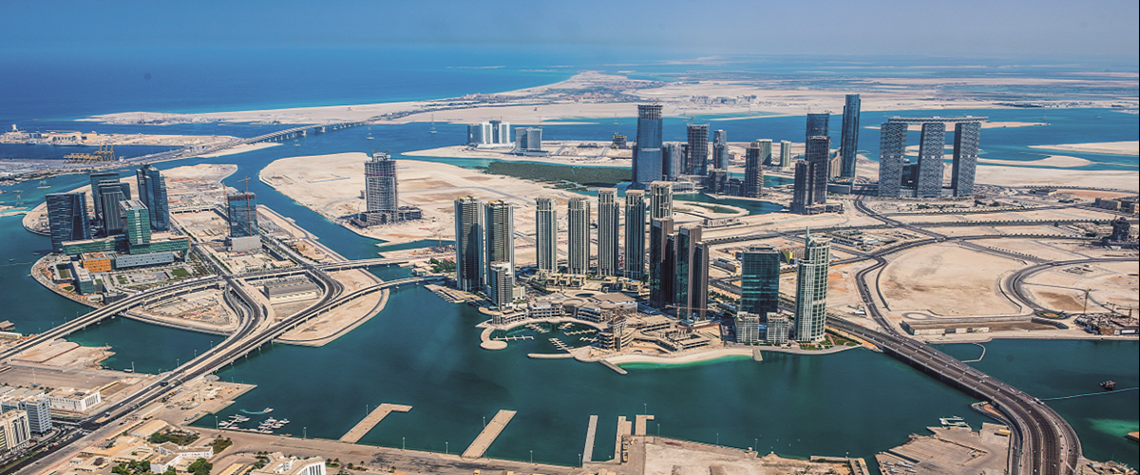UAE aims to become oasis of stability in the Middle East
The UAE’s energy plans are well-braced to help sustain investor confidence in the face of political and economic winds
Well before its 50th birthday on 2 December, the UAE is taking its place alongside the upper echelons of power on the global energy stage. Harnessing and leveraging investors' confidence is key to sustaining this pace. This means the UAE's energy ambitions must cope with some unwelcome issues: fractious regional politics and whispers of financial discomfort. Each month that diplomatic ties remain frozen between Saudi Arabia, UAE, Bahrain and Egypt—the 'Arab quartet'—on the one side, and Qatar on the other, the tighter investors' due diligence gets. This increasingly powerful microscope will inevitably restrict some funds. This trend is unlikely to reverse without political softening. The UAE

Also in this section
27 February 2026
The 25th WPC Energy Congress to take place in tandem as part of a coordinated week of high-level ministerial, institutional and industry engagements
26 February 2026
OPEC, upstream investors and refiners all face strategic shifts now the Asian behemoth is no longer the main engine of global oil demand growth
25 February 2026
Tech giants rather than oil majors could soon upend hydrocarbon markets, starting with North America
25 February 2026
Capex is concentrated in gas processing and LNG in the US, while in Canada the reverse is true







